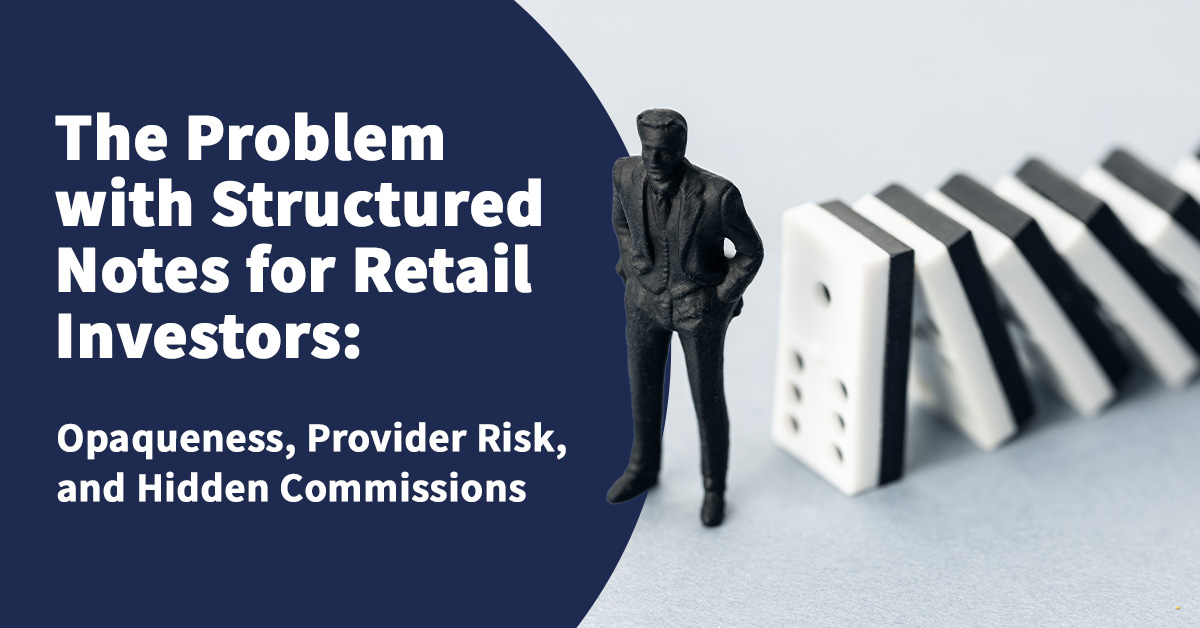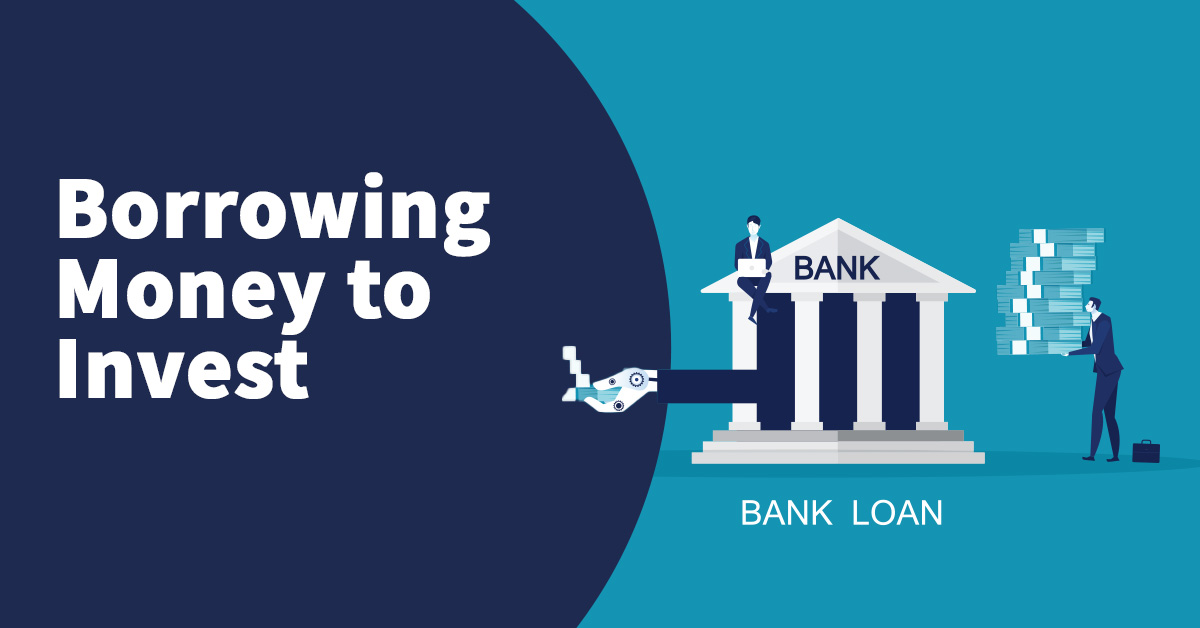There are a number of simple steps to help increase the performance of an investment portfolio. Here are 5 top tips that are core to any prudent investment strategy.
Asset allocation and diversification
Asset allocation is generally defined as the allocation of an investor’s portfolio across a number of ‘major’ asset classes: The main asset classes are: cash, fixed interest securities, bonds, equities and property.
Today, it is right to say that Macro-economic developments and the dynamic external environment have led to a significant change in the way we think and deal with our finances, with the consideration of risk at the forefront of most retail investor’s minds.
The first and most important thing to remember about risk is that it is dynamic. That is, it appears and disappears. When times are good, risk seems to vanish. When things are more difficult, risk seems to be all that we think about. Now more so than ever investors are rethinking their overall approach to portfolio construction and thinking much more about diversification, in an attempt to gain exposure to different non-correlated types of risk.
Ultimately, there is no one-size-fits-all solution to building an investment portfolio. How you allocate towards different asset classes will be just as much about your tolerance to risk as it is about your expectation of returns. One thing is certain, that when it comes to investing, diversification is paramount and the possibilities for diversification are vast, however, we should do so in a fashion and style that does not put our wealth, savings, and investments under undesirable risk.
Adopt the evidence based investing approach
Put simply, evidence-based investing aims to capture the returns of the market through a low-cost, diversified and long-term investment strategy.
The aim of Evidence Based Investing is to provide a comprehensive framework that seeks to give investors the highest probability of avoiding – or at least minimizing – the Investor Behavior Penalty. The “evidence” in evidence-based investment comes from decades of economic research, which provides a set of guidelines to help investors and financial advisors use the research in their portfolios. This enables them to avoid inadequate strategies, and reinforce the ability to grow assets over the long term. Information is drawn about expected returns from the market itself—letting the collective knowledge of its millions of sellers and buyers set security prices.
It is important to stress that EBI is one of many investment philosophies – a way to interpret and understand financial markets and the behavior of investors that participate in them. However more and more successful financial advisory firms are following this practice, as they believe it offers the best path for a successful investment experience.
Cost
The two primary methods of investing are through passive or active management. Active management has significantly higher costs than passive investing does. It is typical for the expense difference between active and passive to be at least 1% per year. More and more investors are taking note that the high fees they pay a person to manage their money often aren’t yielding better results.
Contrary to the impression you might get from the advertising produced by the funds industry, very few active fund managers are able to consistently outperform the markets they aspire to beat.
In his eloquent opening statement prepared for just such an active vs. passive debate in October 1995, Rex Sinquefield, co-founder of DFA and now a director with the fund company, elaborated on the temptation of active investing. “It’s easy to understand the allure, the seductive power of active management. After all, it’s exciting, fun to dip and dart, pick stocks and time markets; to get paid high fees for this, and to do it all with someone else’s money.”
There are some very skilled managers, who have built up reputations of consistent high returns. But by investing passively, an investor will gain exposure to a broad and diversified lists of stocks. The performance advantages over long periods of time are in no small part the result of low fees and expenses, as well as limited portfolio turnover that mitigates trading costs. Every pound paid for management fees, trading costs, and taxes is a pound less of potential return. The cost of an adviser also matters. The more one pays for advice and investment management, the less one earns in their portfolio.
Discipline
The problem with identifying a single investment that’s going to make a ton of money over the next few decades is that no one has a crystal ball. We all know that investing can become emotional during bear markets and bull markets but successful investors will always maintain a long-term perspective and a disciplined approach.
Investment discipline is not about knowing when a share is about to rise or fall and, therefore when is the best time to buy or sell it. The only way to beat the index if you are a conventional investor is to be one of the first to buy and one of the first to sell. This is market timing. The other way is to think long term and act contrary to the views and preferences of the market and avoid the ‘noise’. In other words, investment discipline.
Warren Buffett has spent his life dispensing advice, earning him the nickname of the Oracle of Omaha. His wisdom was distilled through the Berkshire Hathaway annual meeting, where he quotes “Successful Investing takes time, discipline and patience. No matter how great the talent or effort, some things just take time”
Trust the professionals
If you don’t want the hassle of picking funds and underlying investments or you don’t know where to begin when selecting alternatives, then it is prudent to seek the advice of a qualified financial adviser.
To improve physical fitness, many of us will have a personal trainer. Why? Because they are specialists in their field and know how to get results. They will set you goals, keep you motivated and make sure you are on track to achieve them. Likewise, individuals should similarly consult with financial planner in an attempt to gain optimum results.
Delegation of portfolio decisions to advisors opens up economies of scale in portfolio management, because advisers can spread information acquisition costs among many investors. Such economies of scale, as well as possibly superior financial practices of advisers, create the potential for individual investors to improve their portfolio performance by delegating financial decisions.
Consider too the option of using a discretionary fund manager. A DFM will manage your portfolio for you and with so many time conscious professionals out there, with little knowledge around the complexities of asset allocation, a discretionary fund manager can be the perfect option.
Quite simply, the keys to success when investing are contained in a few timeless concepts that, if followed religiously, will lead to the best outcome.
Find out how we can help you
If you would like to understand more about this topic get in touch
Related posts
- Published On: July 8, 2024|3.2 min read|
The Problem with Structured Notes for Retail Investors: Opaqueness, Provider Risk, and Hidden Commissions
Structured notes are financial instruments that can seem attractive due to their potential for high returns and tailored investment strategies. However, they come with significant risks and drawbacks, especially for retail investors.
Read more












